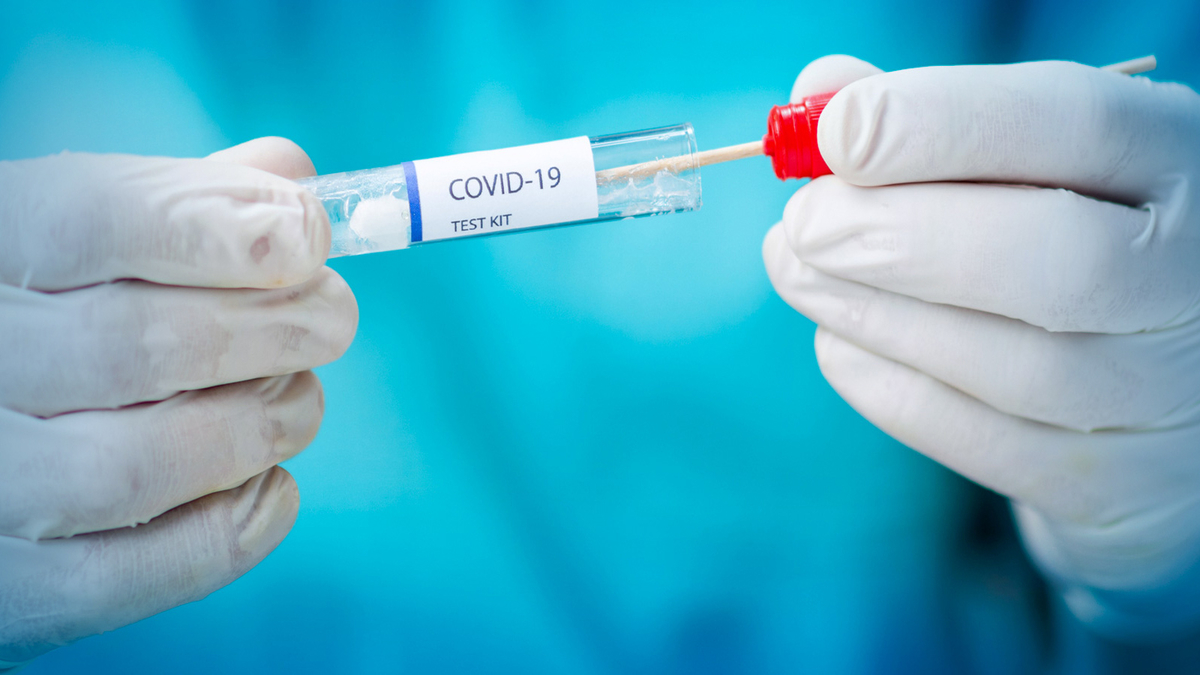


The Covid-19 pandemic has shaken the whole world and affected vulnerable sections of the society physically, mentally and economically. The recent surge in cases seems to be worse than the previous one and has hit the healthcare system tremendously. The need for hospital beds is on the rise and patients are finding it increasingly difficult to get admission into hospitals. The surge continues to rise in some states and projections indicate that a possible decline may take some weeks.
In some of the states, mutated virus variants have created a new sense of disquiet. The UK variant, known to be more contagious, is more prevalent in Punjab. Further, this variant affects younger age groups much more than the original virus. Recent data also shows that the UK variant is more virulent, resulting in increased mortality, even in younger people. There is thus a need for viral sequencing in other states to better understand this surge.
In view of this serious surge, various state governments have rightly initiated some needful restrictions. These include a ban on rallies, a restricted number of people at social functions, in cinema halls and restaurants, and the closure of schools and colleges. However, such restrictions have led to many anticipating more hardships, especially people from low- or medium-income families. The migrant workforce is also scared of consequences if another lockdown is imposed.
Uncertainty about the future has gripped us and people are wondering whether 2021 will be another year full of stress and waste. The effectiveness and feasibility of lockdowns are again a subject of public debate. Experience has perhaps taught us that a full-fledged lockdown can have serious unintended consequences and cause unpalatable collateral damage by endangering the poorer sections of our populace. Therefore, at this time, there is an urgent need to create confidence in the society.
Of course, we have to religiously follow all Covid-appropriate behaviours and Covid-protective practices to prevent the spread of the viral infection. These are simple yet effective daily practices, such as the right use of masks, maintaining the desired physical distance and hand sanitation, which would go a long way in managing and containing the novel coronavirus. During this surge, non-essential activities will also need to be regulated, albeit in a manner that, as far as possible, work should be carried out to ensure the livelihood of every section of society while taking steps to control viral spread.
We must also avoid creating a sense of panic and make every attempt to generate a sense of positivity. While people must be educated about the contagious nature of this virus, it is important that no sense of stigma be permitted to arise against those who test positive. I feel happy that many governments have abandoned the practice of putting labels in front of houses with Covid-positive inhabitants. This had been causing stigma for families. The contact tracing procedures as well as quarantine guidelines must be rationalized so as not to discourage testing. Any hesitation in regard to testing must be removed to enable the early detection of positive cases. To this end, the Government of India could reconsider its suggestion that 25-30 of the contacts traced be isolated and tested. It is a well-known fact that contact for about 30 minutes and within 3 feet without the use of masks is liable to infect an individual. Thus, only such contacts need to be tested. The CDC also recommends testing ten close contacts and this should be carried out within the first four days or so. These measures will go a long way in removing any sense of anxiety or fear from the minds of the public about the fallout of getting tested unnecessarily. Even family members of those who test positive must have the confidence that by maintaining the desired distance, using face masks and following other hygiene practices like frequent handwashing, they can avoid the further spread of the virus within the household.
An aggressive and comprehensive rollout of the vaccination programme is also a must now. Vaccination must be undertaken on a war footing across the country. We must make every attempt to cover as much of our population as we can, in the shortest possible time, given the obvious time constraints arising from a two-shot vaccine. Fortunately, the atmosphere of indecision or vacillation about the vaccination, which we witnessed in the early days of the rollout, now appears to have been replaced by a sense of urgency and enthusiasm regarding vaccination. Full information about the vaccines should be made available in the public domain and doubts or queries should be addressed by the authorities in order to instil further confidence. We need to innovate ways to ensure easy and safe access to the vaccine for every needy person.
In the final analysis, it is only a concerted and coordinated effort by all segments of society which can defeat this virus. We are going through a difficult phase, and some course correction is the need of the hour. Initiating various measures to generate a feeling of confidence in the common man is necessary as an important parallel exercise. The Delhi government’s decision to not admit even non-Covid emergencies in various private hospitals also needs to be urgently reviewed. Does it mean that an acute myocardial infarction emergency can only be treated if it is Covid-positive and not otherwise? All such decisions only further stress the society. It should be a priority that no one is made to feel helpless and stressed at this critical time.
The author is a former Director, PGIMER, Chandigarh and Chairman of the PSRI Heart Institute, New Delhi. The views expressed are personal.